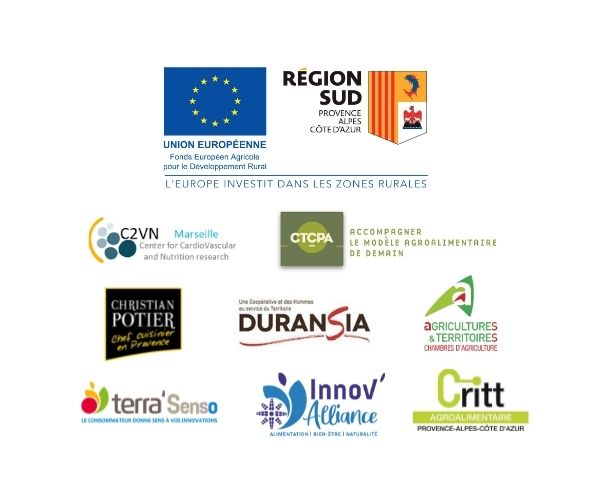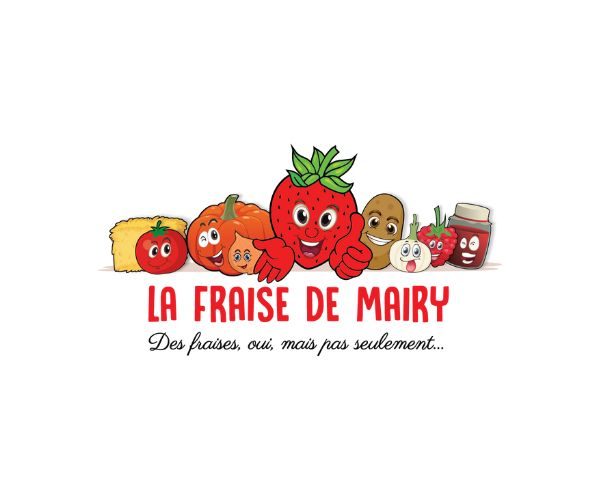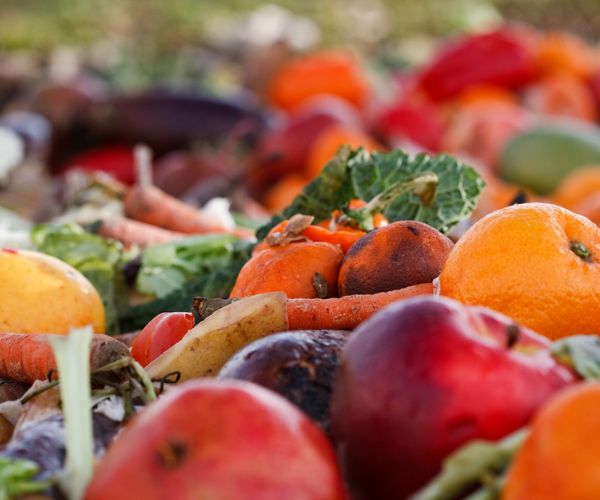Agri-food industry
PACALEG project : final restitution of results
09
Mar

Published on : 09/03/2022
The final restitution of the PACALEG project on the structuring and development of the dry vegetable sector in the Southern Region took place on February 21 and brought together more than 80 participants.
See the replay
Why were legumes chosen for the PACALEG project?
Legumes have multiple agronomic, environmental and nutritional benefits such as (i) their capacity to assimilate atmospheric nitrogen, (ii) their irrigation period which is outside of the drought period, (iii) their participation in crop rotations, (iv) their vegetable protein, fiber, micronutrient and vitamin contents. The production of pulses and legumes is therefore a promising response to the challenges of improving crop and food systems.
Moreover, at the regional level, it is necessary to identify other outlets because many producers are involved in direct sales or in short circuits, although this is not sufficient to ensure economic sustainability. At the processing level, regional companies are sensitive to the Mediterranean diet (composed of legumes) and are considering local supply.
The PACALEG project was articulated around 4 main actions:
Action 1 allowed the drafting of a summary document including the results of an inventory of the production basin, the study of the needs of the AFIs, a marketing study and a study of the consumption of legumes in PACA
Action 2 was oriented towards product innovation. Different raw materials were selected (4 chickpeas and 5 lentils). On the basis of typical recipes of the region, 9 products were proposed.
During action 3 and on the basis of culinarity, 5 products were selected for an industrial scale-up allowing to obtain 5 industrializable finished products characterized sensorially and nutritionally.
Finally, during Action 4, an action plan for the structuring of the dry vegetable sector in PACA was drawn up by mapping the actors in the sector, identifying the motivations, obstacles and challenges of these different actors and proposing 11 priority actions to be implemented.
*The PACALEG project has been financed by the European Agricultural Fund for Rural Development (Measure 16.2) and the Region Sud Provence-Alpes-Côte d'Azur
PACALEG is supported by the CTCPA - Technical Center for the Conservation of Agricultural Products - University of Aix Marseille - CRITT PACA - Christian Potier CA - Innov'Alliance - PACA Regional Chamber of Agriculture - Chambers of Agriculture 04,05,13 - GPS/Duransia
For more information, contact Stéphane Georgé - sgeorge@ctcpa.org
__
Discover other articles on PACALEG :
The PACALEG project: Legumes, plants of the future for innovative food products! - CTCPA.ORG
https://www.ctcpa.org/restitution-finale-resultats-projet-pacaleg/
https://www.ctcpa.org/pacaleg-un-nouveau-projet-pour-la-structuration-de-la-filiere-legumes-secs/
Related:
Focus on the Protein Plan: the CTCPA invests in plant proteins!






